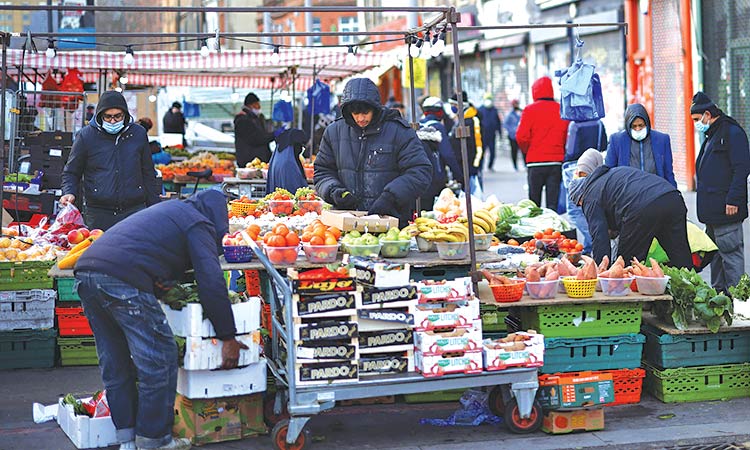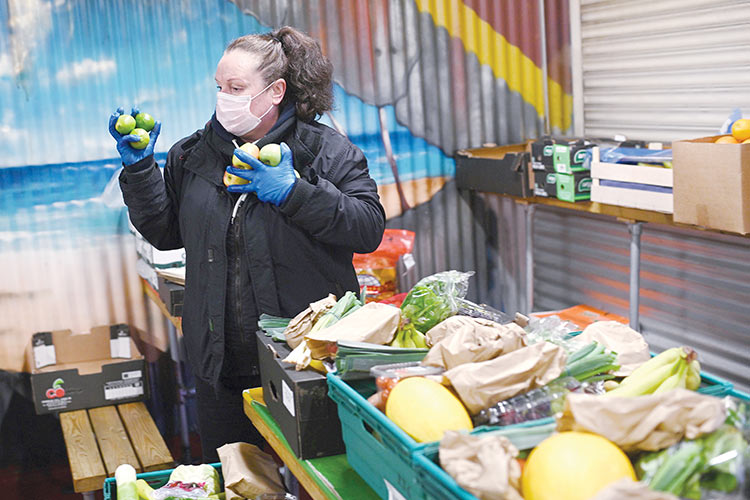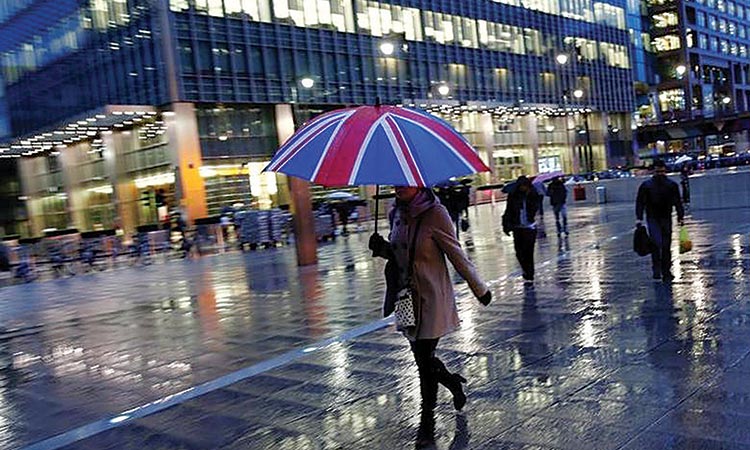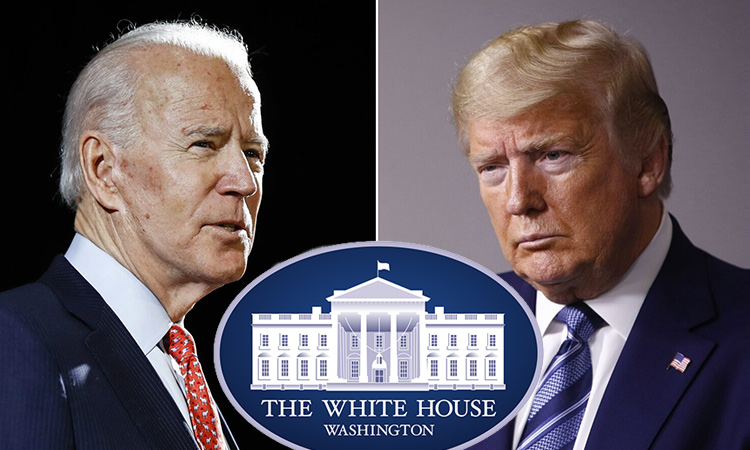This is how the energy price cap will affect British schools

Students attend their class at a British school.
Ed Dorrell, The Independent
The twin terror of the cost of living crisis and rampant inflation are like a virus eating away at every aspect of life: undermining ambition, sapping morale and ruining lives.
It might not feel like it in the middle of this endless heatwave but the months ahead are going to be cold and bleak. Life is going to be hard – not just for the poorest (although, God knows, they will feel the brunt), but also for the middle classes, businesses and organisations too.
This includes the 30,000 schools across England and Wales, many of which are about to be pitched into diabolical financial mess by rocketing fuel bills and increased teacher salaries, both of which, the government insists, will have to be paid out of existing budgets.
While of course the personal finance of the 50m-odd voters across Britain is fast becoming pretty much the only electoral issue in town, the finances of the thousands of primaries, secondaries and colleges will soon have big political salience too.
It might prove challenging to persuade anybody to look up from their frankly terrifying fuel bills, but the 14m parents of school-age children will soon become very aware of the impact of energy prices and inflation on young people’s education. The consequences in the corridors and classrooms will be hard to ignore. Indeed, there was a flurry of stories last week suggesting that some heads would be forced to take their schools down to a three or four-day week. While this might have been broadly rubbished as an idea, senior teachers face a series of very painful decisions if this worst case scenario is to be averted.
We are staring down the barrel of cuts to building maintenance, to teaching staff, to teaching assistants, to teaching supplies and to the money set aside to pay the heating bills.
In reality this will mean freezing classrooms with peeling paint and growing class sizes. We’re looking at redundancy notices being put in staffroom pigeon-holes and budgets to support the poorest pupils with their uniforms and stationery being cut back. School dinner subsidies will have to be cut back (cue Marcus Rashford) and the quality of food on offer will deteriorate.
Headteachers might not be willing to countenance cutting the number of days they open the school gates, but this doesn’t mean that the education on offer is not going to brutalised by inflation.
As it stands, the government appears to be unwilling to do anything about it. Liz Truss and Rishi Sunak might be scrapping over how best to mitigate the cost of living crisis in private homes around the country, but they’re not offering up anything to alleviate what is going to happen in secondaries and primaries at the start of term. Indeed, James Cleverly, Boris Johnson’s fixed-term education secretary, was skewered on the subject at the weekend. He didn’t have an answer.
But surely this position won’t hold once Liz Truss takes over. Surely even this right-wing government, one that will instinctively want to make wideranging public sector cuts not funding promises, will realise it will need to pump more money into the school system if educational catastrophe is to be averted? But surely this position won’t hold once Liz Truss takes over.
Surely even this right-wing government, one that will instinctively want to make wideranging public sector cuts not funding promises, will realise it will need to pump more money into the school system if educational catastrophe is to be averted?







